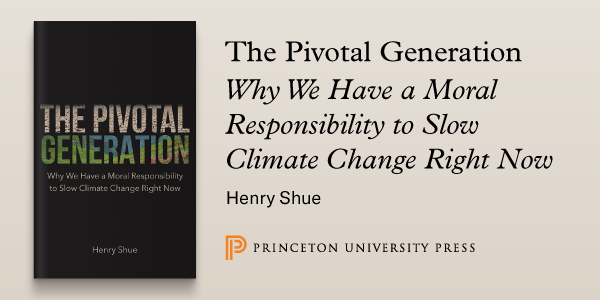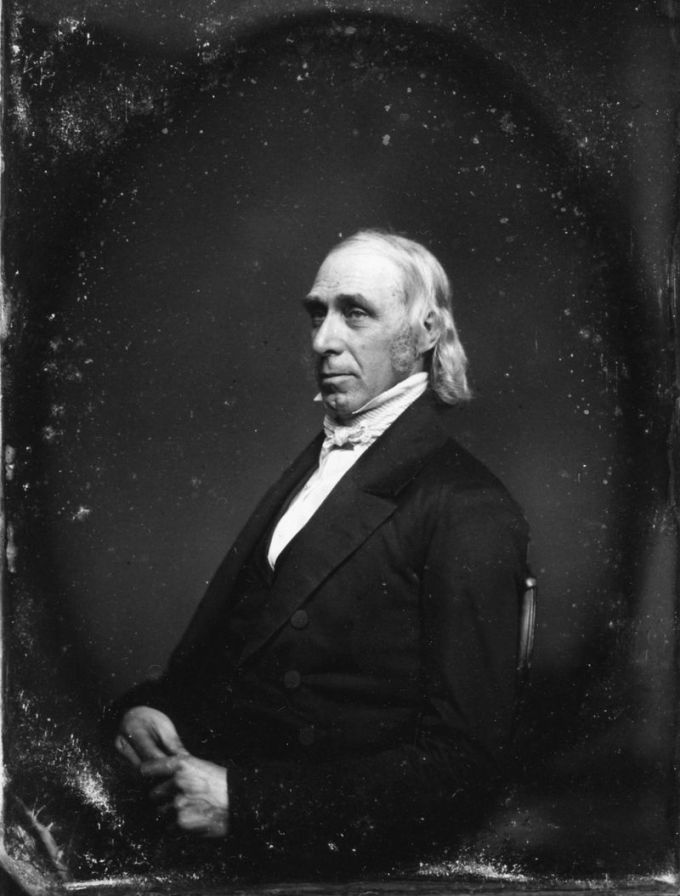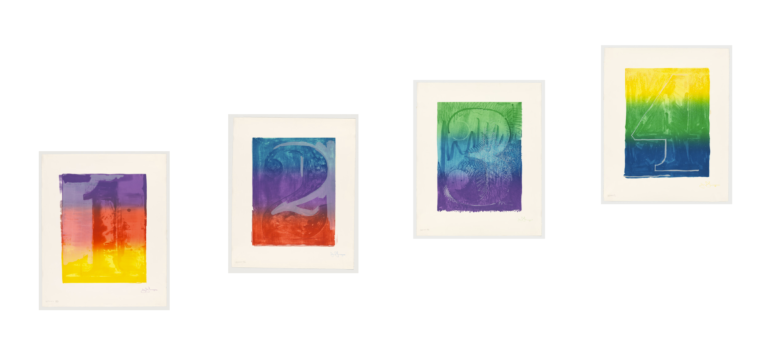Professor Cat is hoping for a discussion of these and related problems, of “integrated ethical and epistemic frameworks for assessing credit practices such as citations and acknowledgements,” and proposals of standards and recommendations in education, writing, and publishing.

(By the way, if you don’t like the above labels, proper blame for them goes to me. While Professor Cat provided the examples, I gave them names just for ease of discussion in the comments.)
Jordi Cat, associate professor of philosophy at Indiana University Bloomington, says:
Additions to these lists are welcome in the comments.
Here are types of problematic acknowledgement practices he has come across. (He notes, “several types of misuse involve bundling together sources of ideas and discussion in a collective acknowledgement”):
- Bullciting: a source cited as providing evidence for a claim does not in fact provide that evidence
- Omitting: failing to cite sources (intentional omission in order to claim undue credit—plagiarism—is worse than omission as the result of negligent research)
- Obfusciting: burying a reference to a source of a very similar claim in a footnote without engaging the similarity or differences, e.g., “see also X” (here, the relation to plagiarism is more subtle)
- Snorkeling: neglecting the originator of an idea by citing the more recent source from which the author learned about S’s idea, but not citing S.
Here are a few types of misuse of citation he has noticed, often as part of an implicit or explicit credit claim:
- Coattailing: the named person is used rhetorically to enhance the credibility of the paper’s claims (this may be in a separate footnote linked to a specific claim with an expression of gratitude for discussion, etc)
- Lacknowledging: the person is acknowledged but not for their specific contribution, which could be substantive, and so will be denied due credit (this raises the issue of the line between acknowledgement and co-authorship)
- Thanks-a-millioning: the source of the unknown contribution is rendered even more invisible as part the indeterminate extension of the descriptor “the audience at X.”

A philosopher putting together resources for a professionalization seminar for graduate students in his department writes in with concerns about the “ethics of credit” in philosophy.
While the students are familiar with issues of scientific misconduct, fraud and discrimination, one particular issue that has been bothering me concerns the ethics of credit. In published and unpublished papers I’ve read over the years I’ve noticed (or imagined) a trend towards more manipulative and self-serving uses of citations and acknowledgements in varieties of ways.
Related: “Philosophers Don’t Read and Cite Enough“, “Philosophy Citation Practices Revisited“, “Citation Problems in Philosophy—and Some Fixes“, “Citation Patterns Across Journals”
[Marie-Denise Villers / Young Woman Painting” (detail). Painted in 1801, it was only properly attributed to Villers in 1996. Click the image for further information.]





